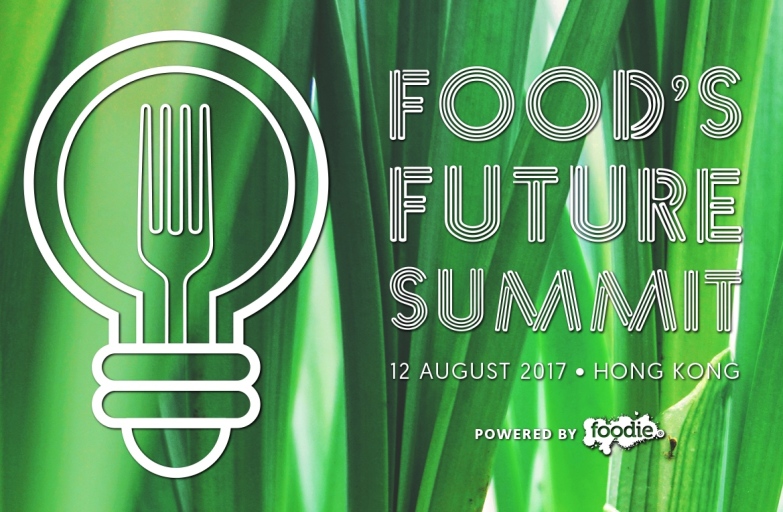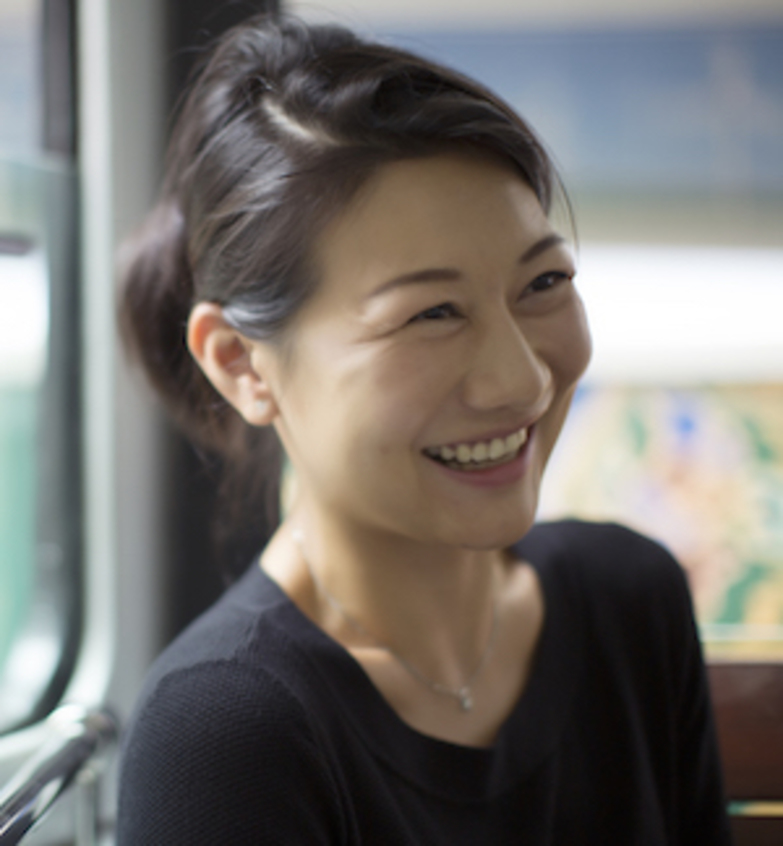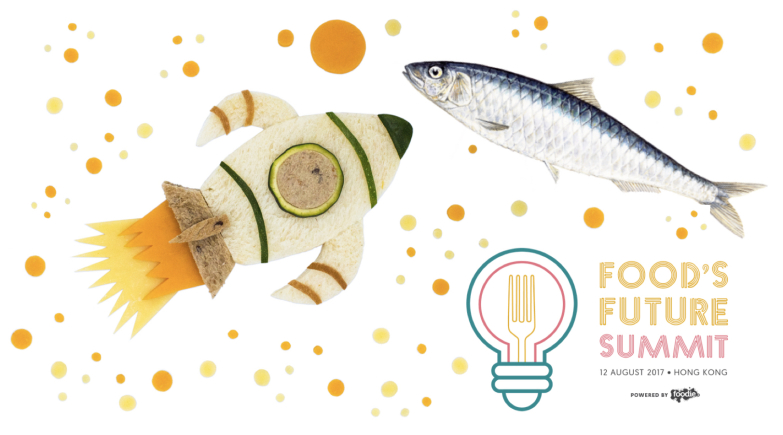We‘re a fun bunch here at Foodie, but we also know that there are serious issues we can’t afford to ignore when it comes to the future of our beloved foods. In fact, exploring these issues (and their solutions) is so important to us (and our tummies) that we’ll be spending a whole day discussing food’s future with relevant experts, restaurateurs, investors, technologists and conscious consumers. Join us for critical insights and crucial conversations, plus a host of tasty titbits and Foodie goodies!
Wondering why we’re so worried about the future of food? To begin, our current global food production won’t be able to keep up with population growth by 2050 (which is not that far away), and we may be able to feed only half the world’s population at that time. It’s not just quantity – environment and sustainability problems (made worse by climate-unfriendly farming practices and waste pollution) also threaten the quality, safety, availability and affordability of our food supplies.
In fact, we need to be especially worried here in Hong Kong, where our food system is not secure and hunger and waste are more prevalent than we may realise. Hong Kong food security researcher Dr Daisy Tam, an assistant professor at Hong Kong Baptist University, has spent years studying the topic and will be speaking at the Food’s Future Summit on Hong Kong’s invisible food crisis.
Ahead of the Summit, we caught up with Dr Tam to pick her brain on our global food futures and how they can be improved.
What worries you most about the future?
Overpopulation. I’m worried that as we head towards a global population of nine billion in 2050, our natural resources can no longer sustain our current way of life. Our consumerist lifestyles are extremely energy intensive – from the way we eat, to the way we dress, to the way we travel. Recent research has shown that if we want to avoid severe global warming, we will need to reduce our individual carbon emission from 16 tonnes to two tonnes per person per year!
What excites you most about the future?
Things yet to be learned. You know what they say, when you graduate with a master’s degree, you feel like you know a little bit about everything, but after a PhD, you know everything about nothing. The more I work in an area, the more I realise I don’t know anything about it, but not knowing what I will find out drives me [and] gets me out of bed every day. The future for me is like many boxes of unopened presents.
What do you think we’ll be eating in 2050?
Hopefully the same, but in different proportions! I’ll be an old woman then, but hopefully coffee will still be affordable, water still drinkable and I‘ll still be able to enjoy an occasional piece of cheese. I have already changed to a mainly vegetable-based diet, but I do occasionally eat and enjoy meat and cheese. The intensive way we drive food production is polluting our land, our air and our water and is not sustainable; changing our diets as well as the way we produce can hopefully ensure that our next generation still knows what coffee tastes like!
What’s one thing/habit/practice that everyone can and should adopt that will help to improve our food futures?
Demand for the good, not the best. Once, I got asked by a Michelin-starred chef what the difference was between the good and the best: “Surely, the best is good!” I loved that conversation because it showed me that when we occupy different positions, we hold very different perspectives. The best part of the salad is the tip of the leaves, where it‘s most tender and flavoursome, but this creates a lot of waste, the same with other produce. Demanding for the best means that an individual gets to benefit from that salad, but demanding for the good means the world gets to benefit.
What’s your favourite food?
Sardines – unsung heroes. Sardines are tasty, versatile and nutritious. On a grill, in a pan, in sauces, fresh, frozen, tinned – from BBQs to the apocalypse, sardines will answer every call. They are also more abundant and regenerate faster. I also love Middle Eastern and North African cuisines – but not sure if hummus, baba ganoush and tagines will survive the apocalypse...
Find out more about Hong Kong‘s food crisis and other interesting insights at the Food’s Future Summit on Saturday, 12 August 2017.
Get in touch to find out details. Email us at info@afoodieworld.com.










